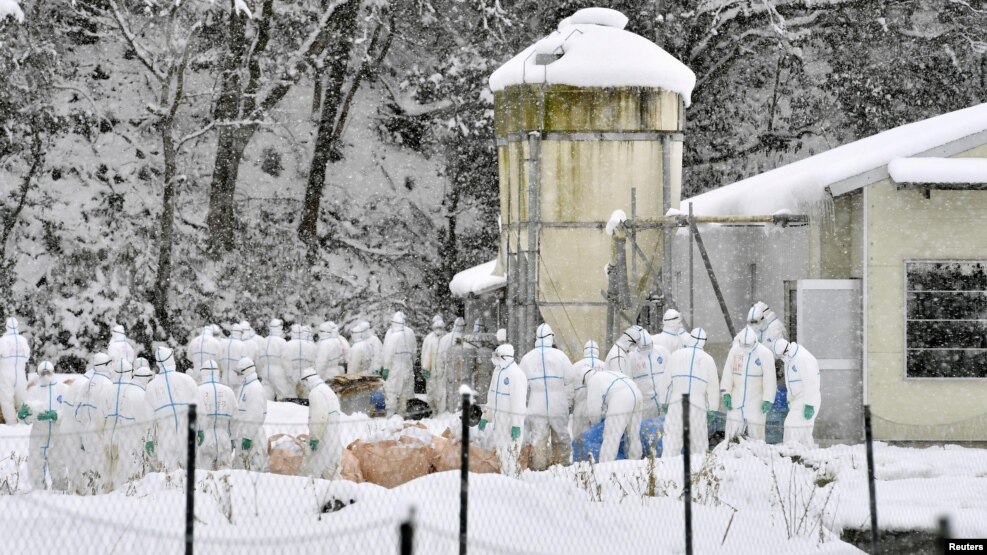Annie
Diamond Member
- Nov 22, 2003
- 50,848
- 4,828
- 1,790
http://news.ft.com/cms/s/69bf44ac-8a85-11d9-9059-00000e2511c8.html
World is not ready for a flu pandemic
By Andrew Jack in London
Published: March 1 2005 21:57 | Last updated: March 1 2005 21:57
The world is poorly prepared for a future influenza pandemic, with only a dozen countries purchasing significant quantities of antiviral drugs and just 50 with contingency plans on how to cope with such an outbreak.
A Financial Times analysis on the eve of a World Health Organisation meeting on preparing for a pandemic shows widely differing approaches between countries that already have plans, and a sharp divide between richer countries and many poorer nations, creating splits that could hinder efforts to curb disease.
The analysis comes as concern rises about the likelihood of a pandemic linked to widespread outbreaks of bird flu in south east Asia, which have killed at least 42 people.
The WHO, which meets in Luxembourg on Wednesday with 52 countries from the European region, estimates that up to 8m people could be killed and 30m could be hospitalised by a pandemic.
Klaus Stöhr, WHO global influenza co-ordinator, said a dozen countries led by Australia, Canada, France, the US and Sweden had bought strategic stockpiles of the antiviral drug Tamiflu, while Singapore and Thailand have bought smaller amounts. Most of the developing world including other Asian countries on the frontline of the bird flu outbreak is well behind.
The UK on Tuesday became the latest to upgrade its contingency plan, pledging to spend about £200m ($385m) over two years to increase its stockpiles of Tamiflu from 100,000 to 15m treatments.
Tamiflu is the only widely commercialised treatment which has proved to be effective in reducing the severity of flu symptoms and acting as a prophylactic, although it is untested against new flu pandemic strains.
Roche, its Swiss-based manufacturer, confirmed it had only received a dozen firm orders. It said talks were under way with a number of other countries and it was already expanding its manufacturing capacity, but it would need more commitments to make additional investments.
Mr Stöhr said only about 50 countries had national flu pandemic plans to co-ordinate their response, and that they vary widely in terms of how recently they have been revised, their quality and their length from a single sheet of paper to 400 pages. Almost a dozen companies have recently signalled to the WHO their interest in producing pandemic flu vaccines, but are waiting for clearer funding commitment from governments. A vaccine cannot be produced until the precise strain that causes a pandemic has been identified, but scientists are trying to simulate a bird flu virus and develop methods to step up production very quickly.
John Reid, the UK health secretary, on Tuesday ruled out providing funds for antiviral purchases abroad to help other countries fight a flu pandemic, saying the British government's development assistance in this area had been focused on reinforcing surveillance in south east Asia.
